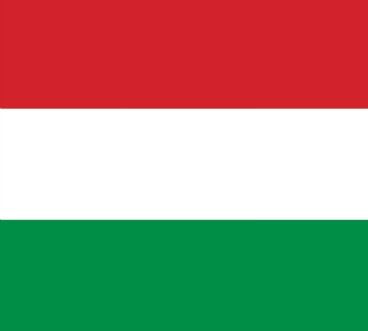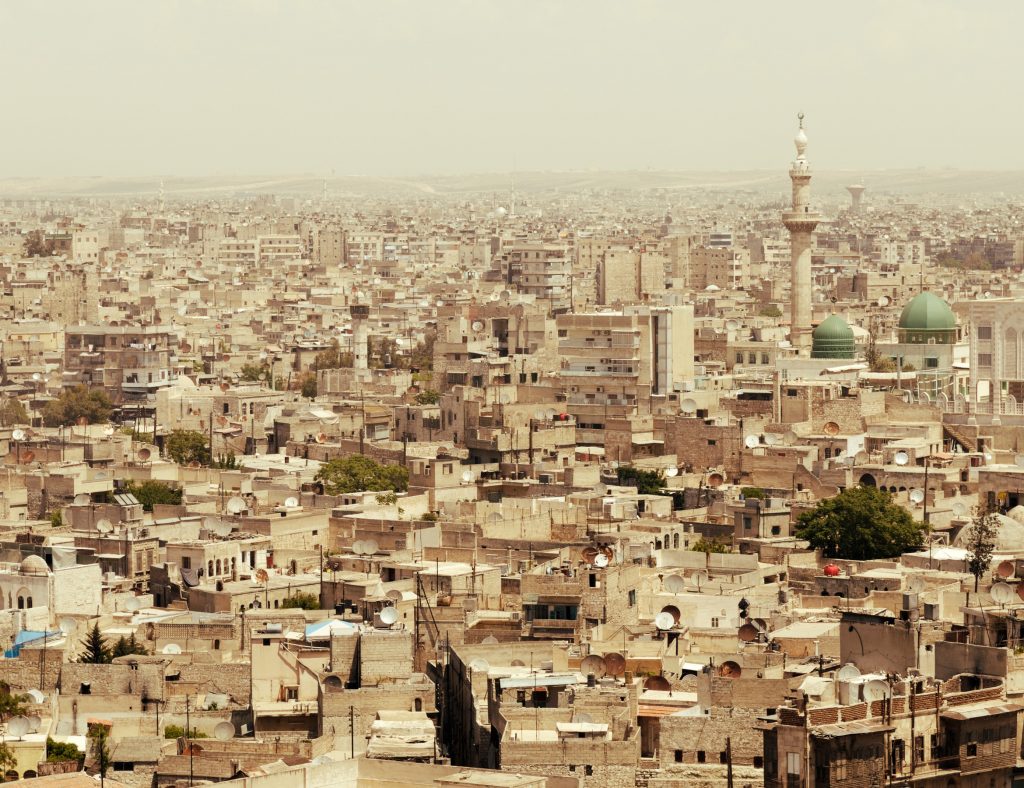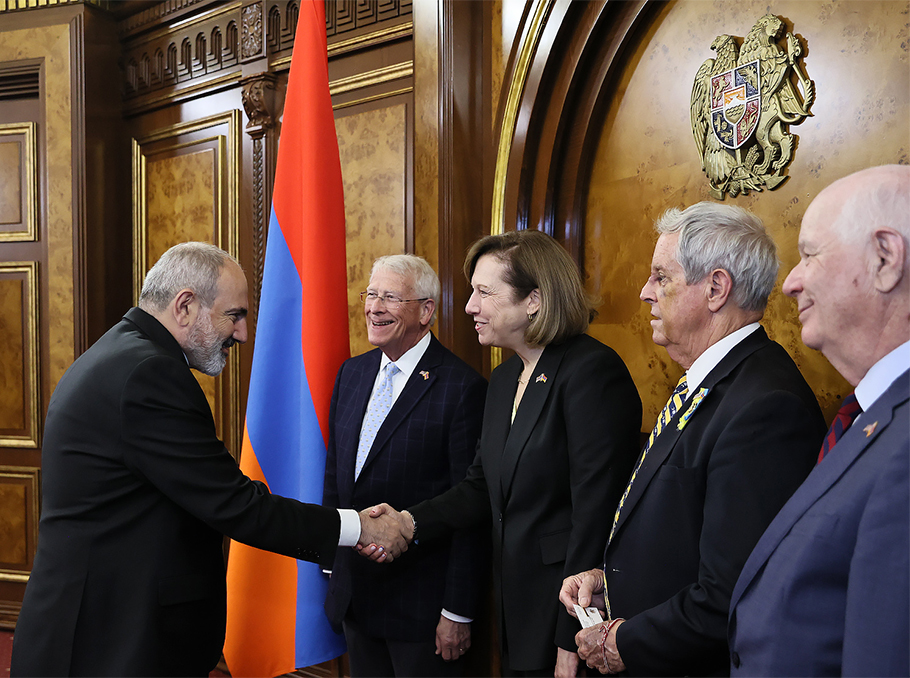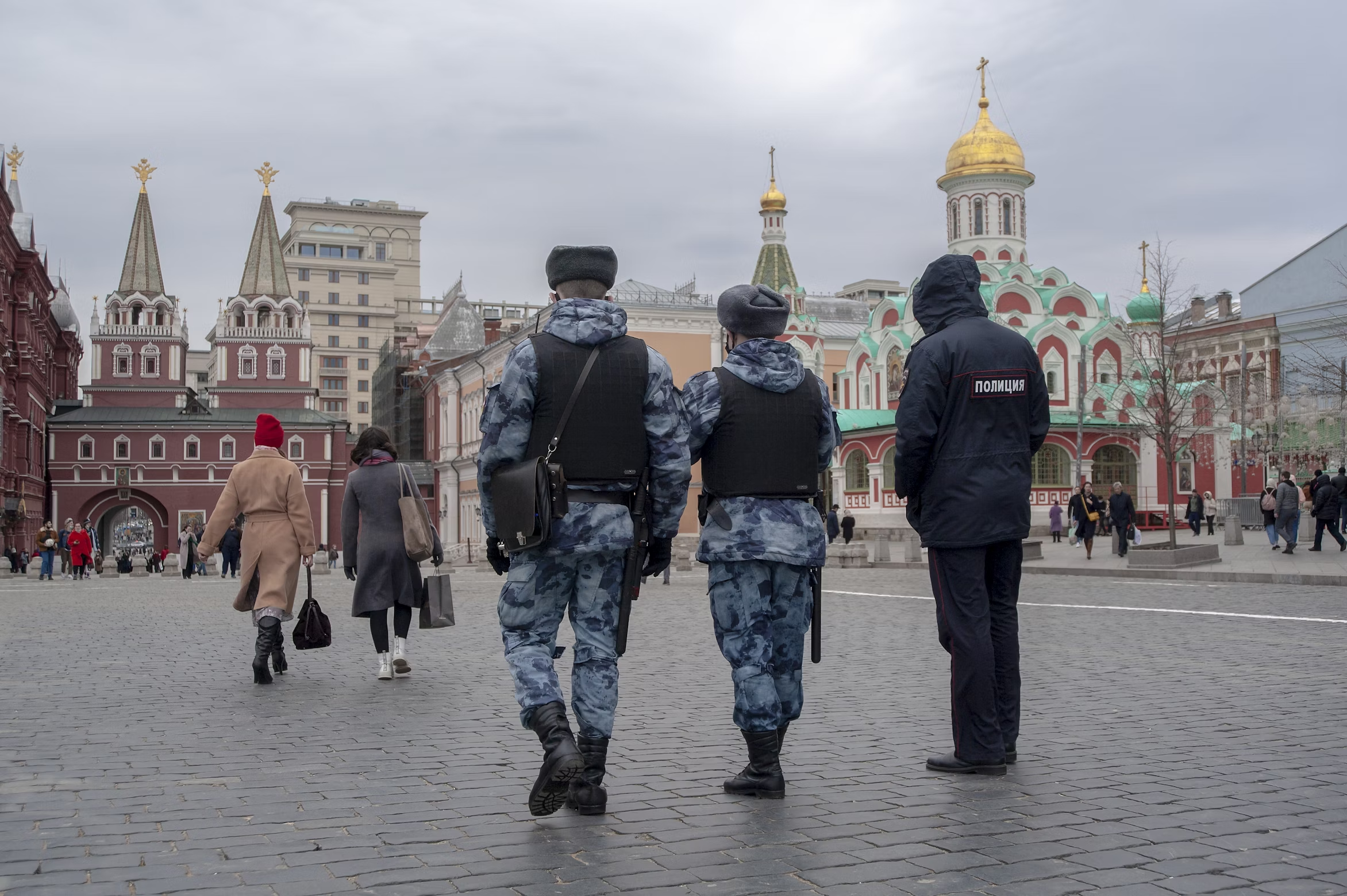Mr. President, as the Senate chair of the Helsinki Commission, I have a longstanding interest in Central Europe. For many years the Helsinki Commission was one of the loudest and clearest voices to speak on behalf of those oppressed by communism and to call for democracy, human rights, and freedom from Soviet oppression. It has been a great triumph and joy to see the peoples of this region free from dictatorship.
Over the past two decades I have been profoundly heartened as newly freed countries of Central Europe have joined the United States and NATO and have become our partners in advocating for human rights and democracy around the globe. Leadership on those issues may be especially important now as some countries in the Middle East undertake transition, the outcome of which is far from certain. Even in Europe, in the western Balkans, there is a crying need for exemplary leadership, not backsliding. Americans know from our own history that maintaining democracy and promoting human rights are never jobs that are finished. As my friend and former colleague Tom Lantos said, “The veneer of civilization is paper thin. We are its guardians, and we can never rest.”
For some time I have been concerned about the trajectory of developments in Hungary, where the scope and nature of systemic changes introduced after April 2010 have been the focus of considerable international attention.
At the end of November, Hungary was back in the headlines when Marton Gyongyosi, a member of the notorious extremist party Jobbik and also vice chairman of the Parliament’s Foreign Affairs Committee, suggested that Hungarian Jews are a threat to Hungary’s national security and those in government and Parliament should be registered. The ink was barely dry on letters protesting those comments when another Hungarian Member of Parliament, Balazs Lenhardt, participated in a public demonstration last week where he burned an Israeli flag.
The fact is that these are only the latest extremist scandals to erupt in Budapest over the course of this year. In April, for example, just before Passover, a Jobbik MP gave a speech in Parliament weaving together subtle anti-Roma propaganda with overt anti-Semitism blood libel. After that, Jobbik was in the news when it was reported that one of its members in Parliament had requested and received certification from a DNA testing company that his or her blood was free of Jewish or Romani ancestry. At issue in the face of these anti-Semitic and racist phenomena is the sufficiency of the Hungarian Government’s response and its role in ensuring respect for human rights and the rule of law. And the government’s response has been, to say the least, wanting.
First, it has been a hallmark of this government to focus on blood identity through the extension of Hungarian citizenship on a purely ethnic basis. The same Hungarian officials have played fast and loose with questions relating to its wartime responsibilities, prompting the U.S. Holocaust Memorial Museum to issue a public statement of concern regarding the rehabilitation of fascist ideologues and political leaders from World War II.
I am perhaps most alarmed by the government’s failure to stand against the organized threats from Jobbik. For example, in late August a mob estimated at 1,000 people terrorized a Roma neighborhood in Devecser, taunting the Romani families to come out and face the crowd. There were reportedly three members of Parliament from the Jobbik party participating in that mob, and some people were filmed throwing bricks or stones at the Romani homes. The failure to investigate, let alone condemn such acts of intimidation, makes Prime Minister Orban’s recent pledge to protect “his compatriots” ring hollow.
Of course, all this takes place in the context of fundamental questions about democracy itself in Hungary.
What are we to make of democracy in Hungary when more than 360 religious organizations are stripped of their registration overnight and when all faiths must now depend on the politicized decision-making of the Parliament to receive the rights that come with registration?
What are we to make of the fact that even after the European Commission and Hungary’s own Constitutional Court have ruled against the mass dismissal of judges in Hungary’s court-packing scheme, there is still no remedy for any of the dismissed judges?
What is the status of media freedom in Hungary, let alone the fight against anti-Semitism, if a journalist who writes about anti-Semitism faces possible sanction before the courts for doing so?
What are we to make of Hungary’s new election framework, which includes many troubling provisions, including a prohibition on campaign ads on commercial radio and TV, onerous new voter registration provisions, and limits on local election committees, which oversee elections?
I find it hard to imagine that Jews, Roma, and other minorities will be safe if freedom of the media and religion, the rule of law, the independence of the Judiciary, and the checks and balances essential for democracy are not also safeguarded. With that in mind, I will continue to follow the overall trends in Hungary and the implications for the region as a whole.










